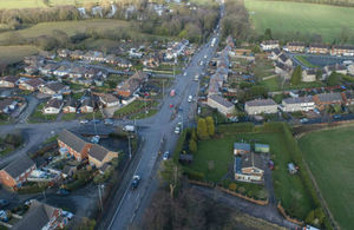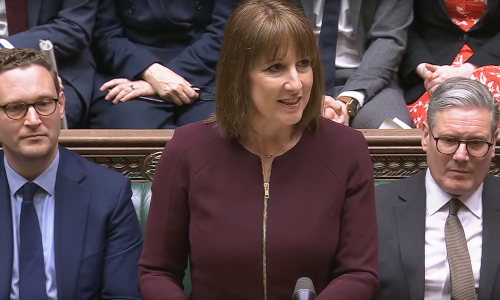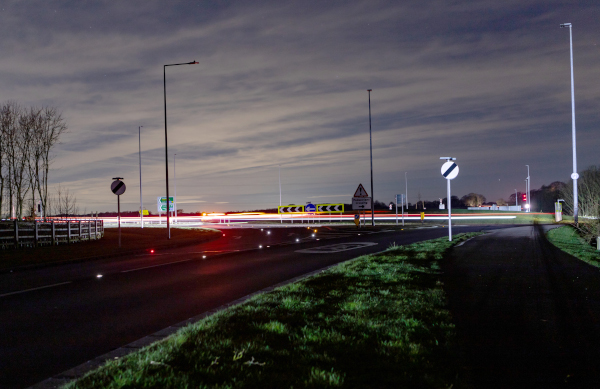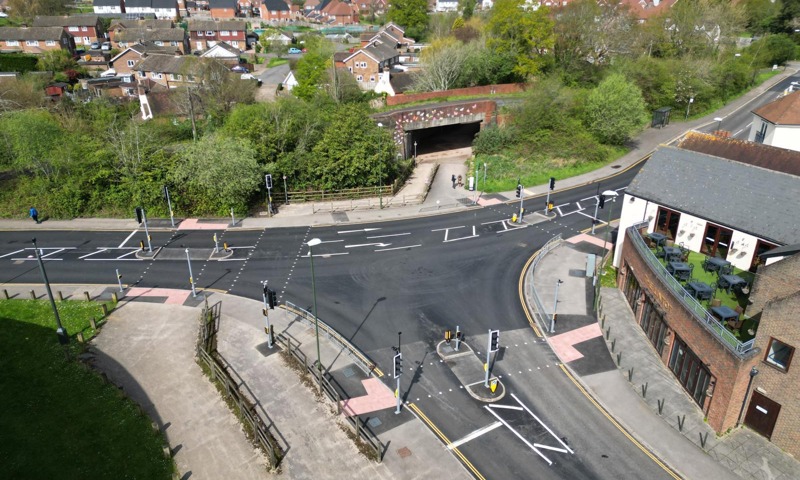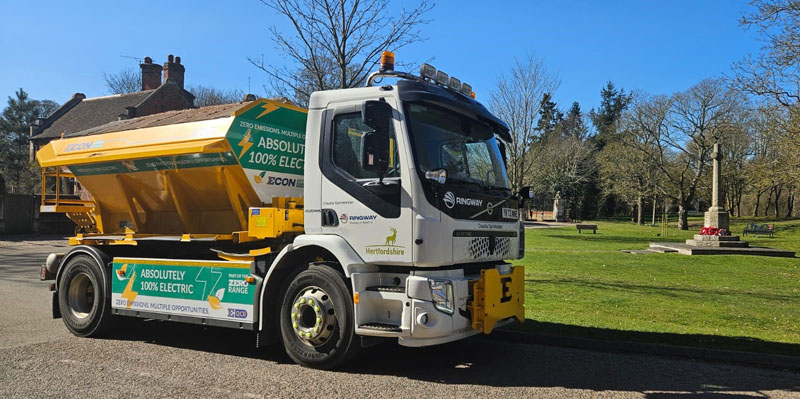Highways England has launched a statutory consultation on a £200m scheme to build a new link road between the M54 and M6 in the West Midlands.
The new route will include a two-lane dual carriageway between M54 Junction 1 and M6 Junction 11 and an improved junction arrangement at M54 junction 1 and M6 junction 11.
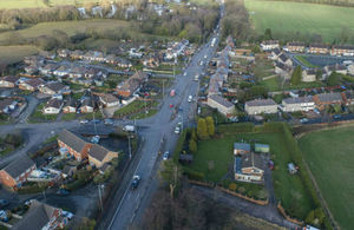
Although the Government-owned firm has not published a cost for the project, as spokesman told Highways: ‘We are still in the very early stages of design but current estimates show the scheme costing around £200m.'
Highways England said the new route is needed because the M54 currently merges with the M6 southbound at Junction 10a, which means northbound road users must leave the motorway network and take other routes to connect with the M6 north at Junctions 11 or 12 or the toll road at Junction T8 to continue their journey.
It said the link will take about 22,000 vehicles a day from the A460, and ease congestion on the A449 and A5 by separating local traffic from long-distance and commuter traffic.
Senior project manager Graham Littlechild said the Government-owned firm wants to provide ‘a road that works for both commuters and the local community living nearby'.
He said: ‘Since we chose the preferred route, we have been working with key stakeholders to address concerns raised and design the scheme further. We are now keen to speak to people to see what they think of our plans.'
Sub-national transport body Midlands Connect has included the scheme in a list of priority projects for completion.
Director Maria Machancoses said: ‘This scheme is a potential game-changer for the Midlands motorway network. It will make both short and long-distance journeys quicker and less congested, benefiting both the regional and national economy.'
The scheme is listed in the 2015-20 Road Investment Strategy (RIS) as including a link to the M6 Toll. Its status is ‘committed – subject to other contributions'.
However, last year the link road to the M6 Toll was dropped as ‘the level of other contributions available was not enough,' according to Highways England.
Because of the scale of the project, Highways England will need to secure a Development Consent Order. It expects this to apply for this next year with permission and the start of construction expected in 2021.
In April, Highways England chief executive Jim O'Sullivan told an audience at Traffex that 37 of the original 112 schemes in the current RIS will now start in RIS 2.
A spokesperson for the firm told Highways that this meant the scheme will be paid for from RIS 2 funding.

